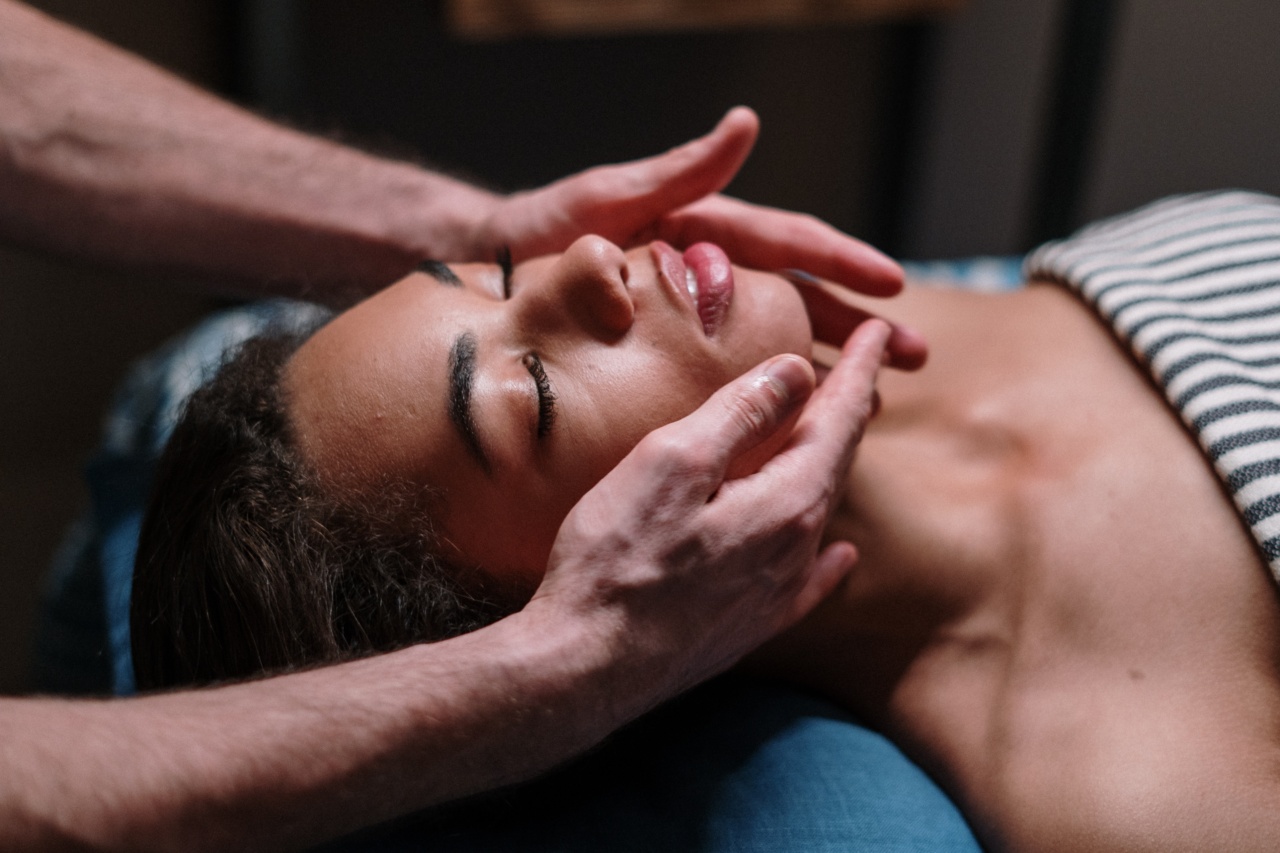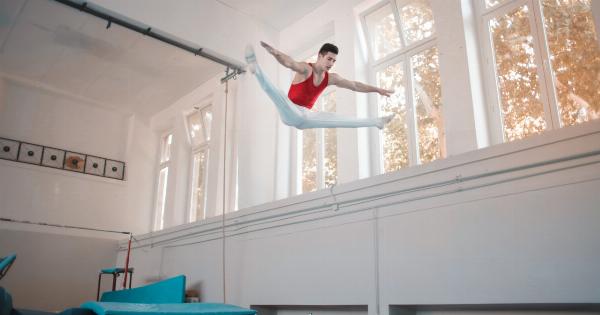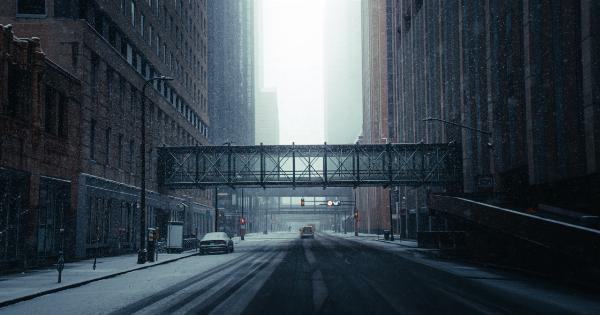Acne is a common skin condition that usually affects the face. However, acne can also appear on other parts of the body such as the chest, back, and shoulders.
Body acne can be just as frustrating and embarrassing as facial acne, but it can be more difficult to treat because the skin on the body is thicker and tougher than facial skin. In this article, we will discuss the causes and treatments for body acne.
Causes of Body Acne
Body acne is caused by several factors:.
Hormonal Changes
Similar to facial acne, body acne can be caused by hormonal changes. The surge of androgens during puberty can cause the sebaceous glands to produce too much oil, which can clog the pores and lead to acne.
Hormonal changes during menstrual cycles, pregnancy, and menopause can also trigger acne breakouts.
Friction and Pressure
Tight clothing, backpacks, hats, and helmets can create friction and pressure on the skin, which can clog pores and aggravate acne. Sweat can also mix with oil and dead skin cells, creating a breeding ground for bacteria.
Inconsistent Skin Care
Not washing or exfoliating the skin regularly can lead to a buildup of oil, dead skin cells, and bacteria, which can clog pores and cause acne. Over-washing or using harsh scrubs can also cause irritation and lead to more breakouts.
Diet
Some studies have linked a diet high in dairy, sugar, and processed foods to acne breakouts. However, more research is needed to confirm these findings.
Treatments for Body Acne
There are several treatments available for body acne:.
Topical Medications
Over-the-counter creams, lotions, and gels containing benzoyl peroxide, salicylic acid, or alpha hydroxy acids can help reduce inflammation, unclog pores, and kill bacteria.
Prescription-strength topical medications, such as retinoids, can also be effective in treating body acne.
Oral Medications
Oral antibiotics, such as doxycycline and tetracycline, can help reduce inflammation and kill bacteria. Hormonal treatments, such as birth control pills and spironolactone, can also be effective in controlling hormonal acne.
Light Therapy
Blue light therapy can be effective in killing acne-causing bacteria. Red light therapy can reduce inflammation and promote healing.
Chemical Peels
Chemical peels containing alpha and beta hydroxy acids can exfoliate the skin, unclog pores, and reduce inflammation. They can also help fade acne scars.
Isotretinoin
Isotretinoin, also known as Accutane, is a powerful oral medication used to treat severe acne that does not respond to other treatments. However, it can have serious side effects and should only be used under the supervision of a dermatologist.
Prevention Tips for Body Acne
Here are some tips to prevent body acne:.
Shower After Sweating
If you sweat heavily during exercise or sports, take a shower as soon as possible to remove sweat and prevent bacteria buildup.
Wear Loose Clothing
Avoid tight clothing, especially during exercise or sports. Wear loose, breathable clothing that allows the skin to breathe.
Cleanse and Exfoliate Regularly
Use a gentle cleanser to wash your skin twice a day, and exfoliate once or twice a week to remove dead skin cells and unclog pores.
Moisturize
Use a moisturizer suitable for your skin type to keep your skin hydrated and prevent it from producing excess oil.
Avoid Harsh Chemicals
Avoid using harsh soaps, scrubs, and lotions that can irritate your skin and cause more breakouts.
Conclusion
Body acne can be frustrating and embarrassing, but it can be treated and prevented with the right approach. Understand the causes of body acne, and follow a consistent and gentle skin care routine.
If over-the-counter treatments are not effective, see a dermatologist for prescription-strength medication or light therapy.






























